Hawaii's Maui County Files Lawsuit Against Hawaiian Electric, Alleges Negligence Caused Lahaina Wildfire
By Favour Adegoke on August 25, 2023 at 12:30 PM EDT
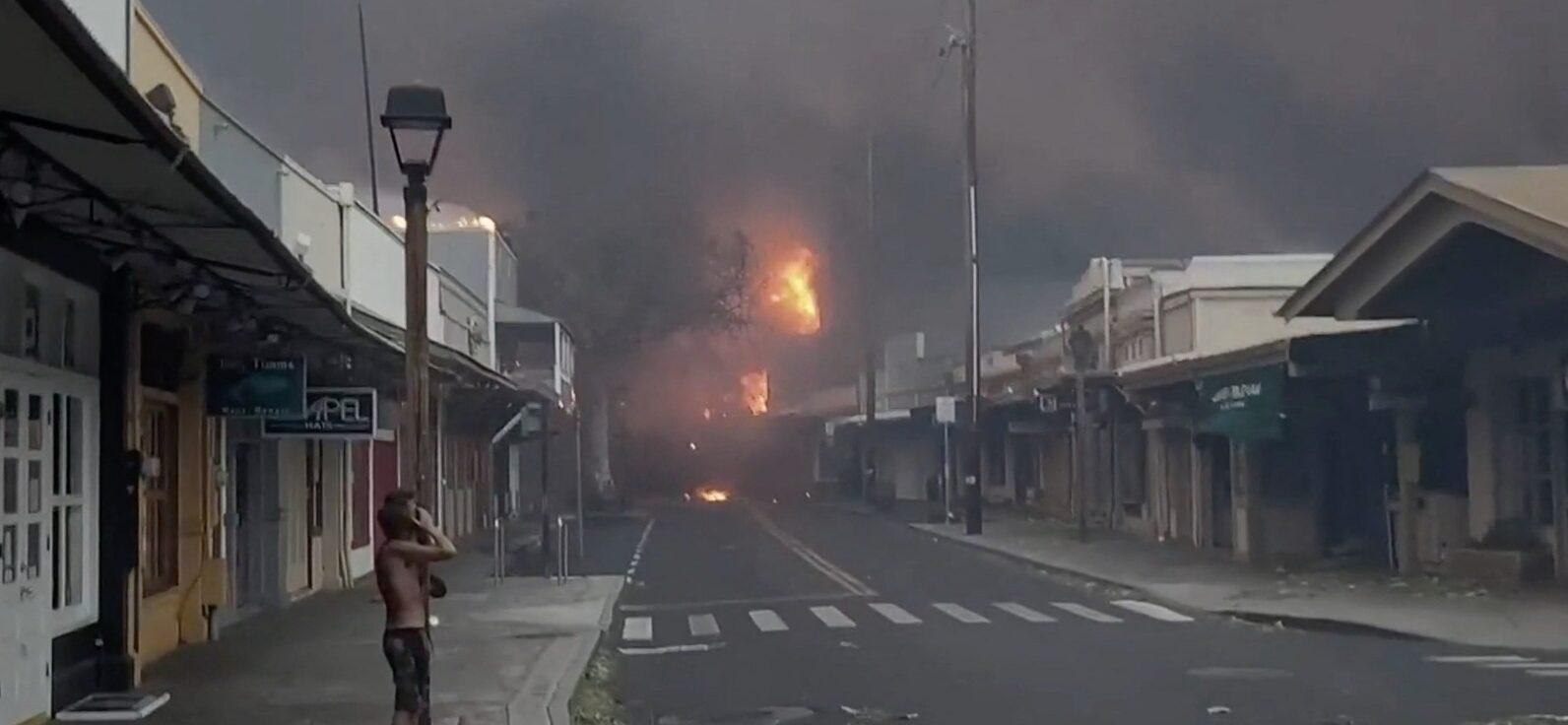
Hawaii's Maui County has filed a lawsuit against Hawaiian Electric, alleging negligence in causing the Lahaina wildfire and neglecting grid maintenance. The lawsuit aims to recoup damages, including losses to infrastructure, fire response costs, and environmental damage.
Native Hawaiian farmers revealed that diverted stream water wouldn't have curbed the blaze. The death toll from the fires currently stands at 115, with 1,100 individuals unaccounted for.
Survivors fear realtors' attempts to buy lands, displacing locals. Despite assurances, concerns persist about land grabs due to Maui's costs and potential federal payment insufficiency.
Keep on reading to learn more.
Maui County Sues HECO For Lahaina Wildfire
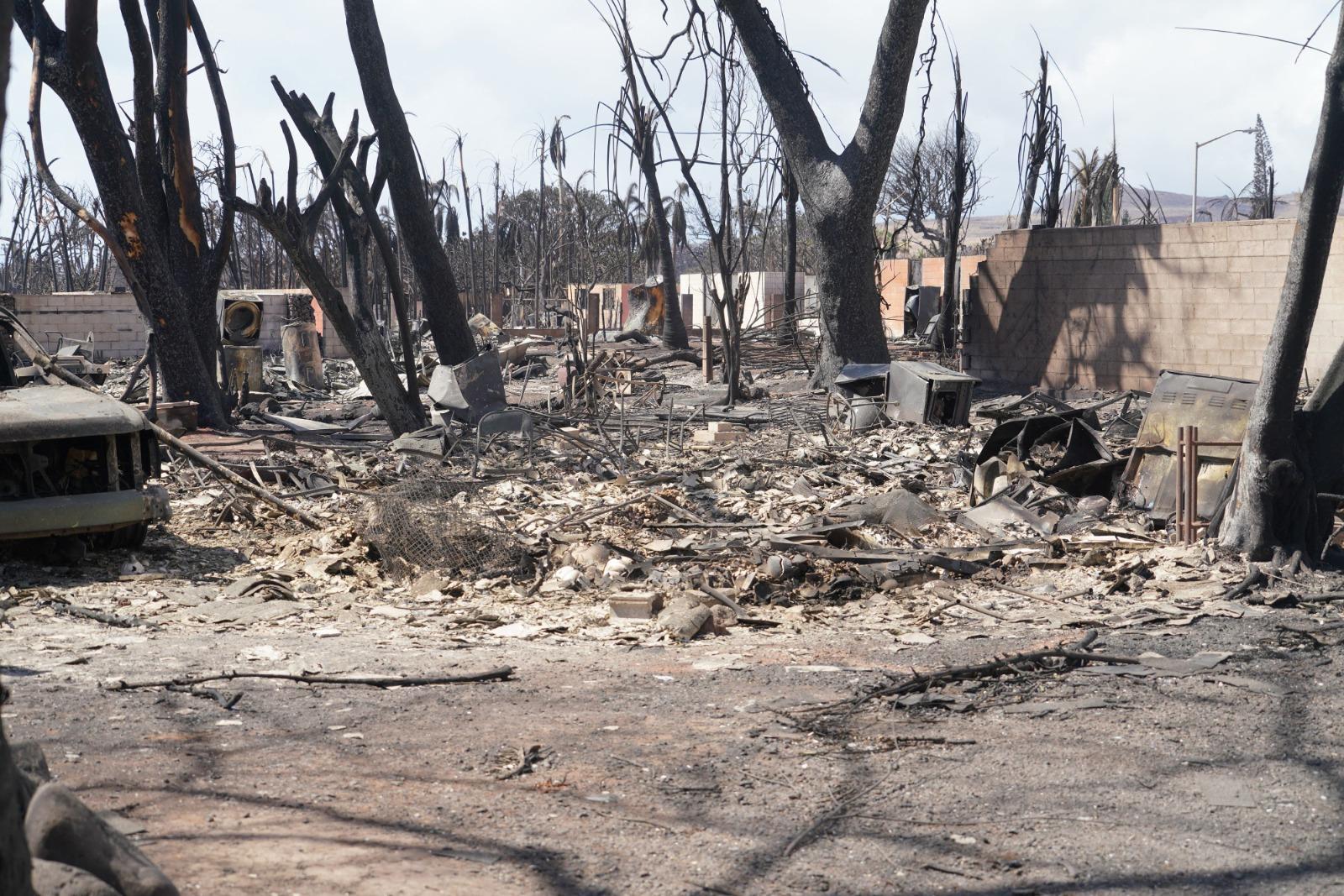
Hawaii's Maui County has filed a lawsuit against Hawaiian Electric, asserting that the utility is responsible for the Lahaina wildfire and neglecting proper grid maintenance.
The latest lawsuit adds a new dimension to Hawaiian Electric's legal challenges, as previous litigation came from residents regarding its actions surrounding the blaze. Maui County aims to recoup public resource damages and support affected communities.
The suit alleges that Hawaiian Electric was negligent in not de-energizing equipment despite wildfire warnings from the National Weather Service. It further claims that their active power lines, brought down by falling poles, ignited dry grasses and sparked the fires.
"Maui County stands alongside the people and communities of Lahaina and Kula to recover public resource damages and rebuild after these devastating utility-caused fires," the county said in a press release.
It continued: "These damages include losses to public infrastructure, fire response costs, losses to revenues, increased costs, environmental damages, and losses of historical or cultural landmarks."
Maui Death Toll Rises With 1,100 People Unaccounted For
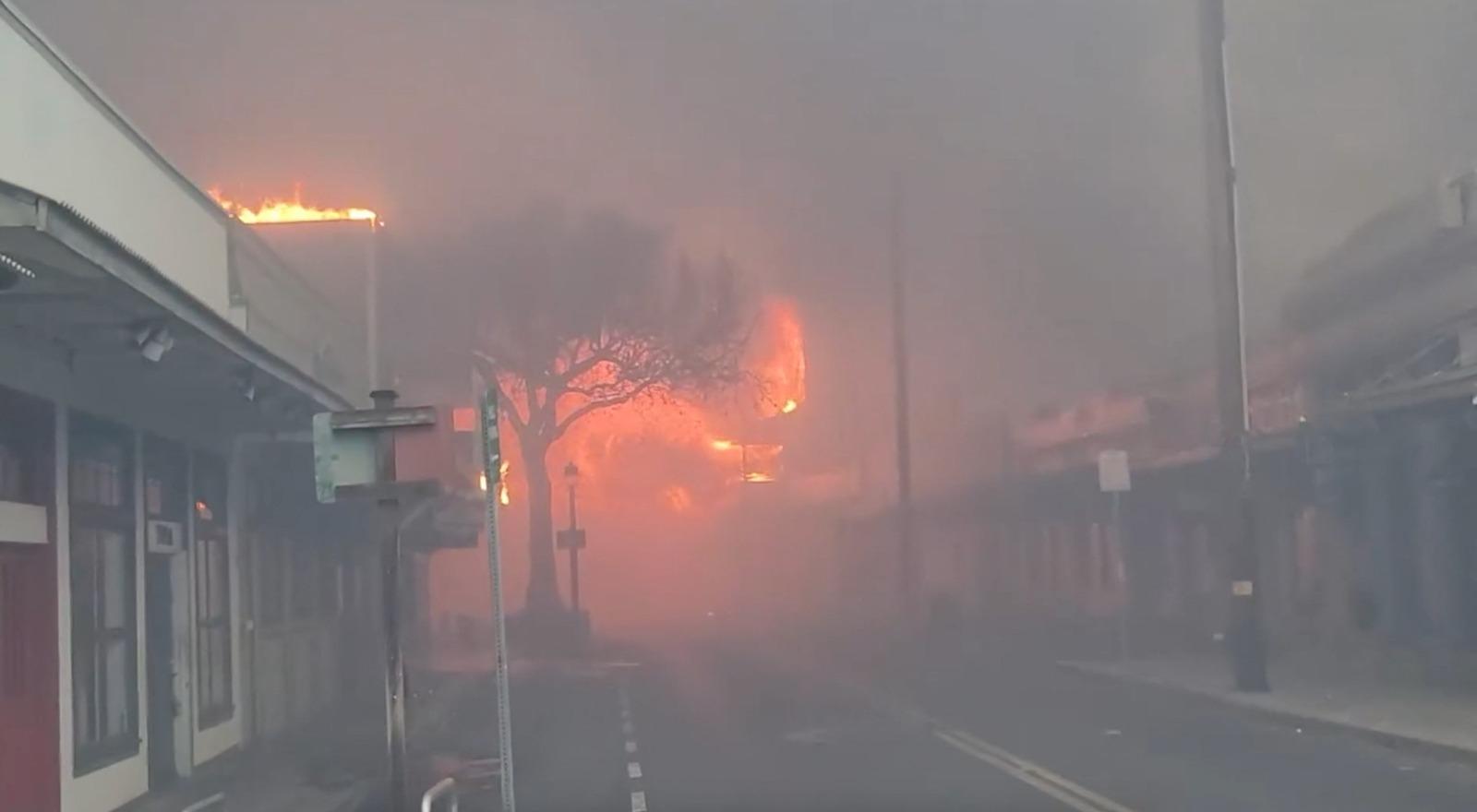
The wildfires in Lahaina and Kula devastated over 3,000 acres and destroyed more than 2,200 structures, causing unprecedented damage exceeding $5.5 billion. Sadly, this marks the deadliest wildfire in the country in over a century. The confirmed death toll stands at 115, while approximately 1,100 individuals remain unaccounted for.
Recent search efforts have identified the first tourist casualty of the Maui wildfires. Theresa Cook, a 72-year-old woman from Pollock Pines, California, was among the victims of the catastrophic blaze that struck the historic town of Lahaina.
Authorities in Hawaii are urgently requesting relatives of the missing to provide DNA samples. They asserted that the current lack of provided samples poses a potential obstacle in the identification process for any remains found.
Survivors Worried About Potential Land Grab By Realtors
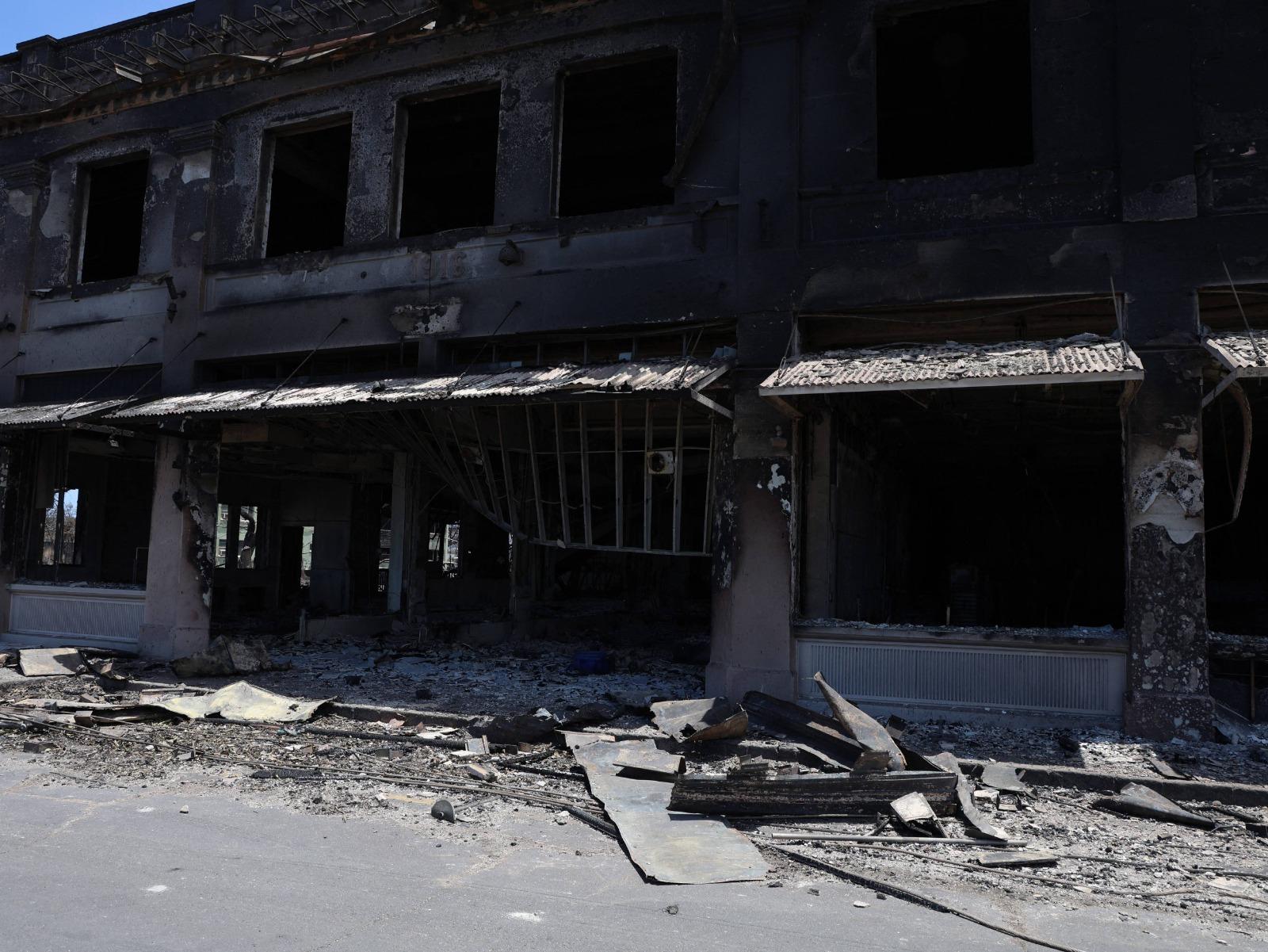
Amid the heartbreaking aftermath, the devastation has left residents shattered as they witness their homes, businesses, and lives reduced to ashes. Thousands find themselves without shelter and belongings.
Survivors are also expressing concerns about a potential surge in land acquisitions by real estate agents and investors looking to capitalize on the disaster.
These actions could displace Hawaiian locals from their own island.
In an Instagram video, Lahaina resident Tiare Lawrence conveyed her frustration with investors and real estate agents, stating, "I am so frustrated with inventors and realtors calling the families who lost their home offering to buy their land."
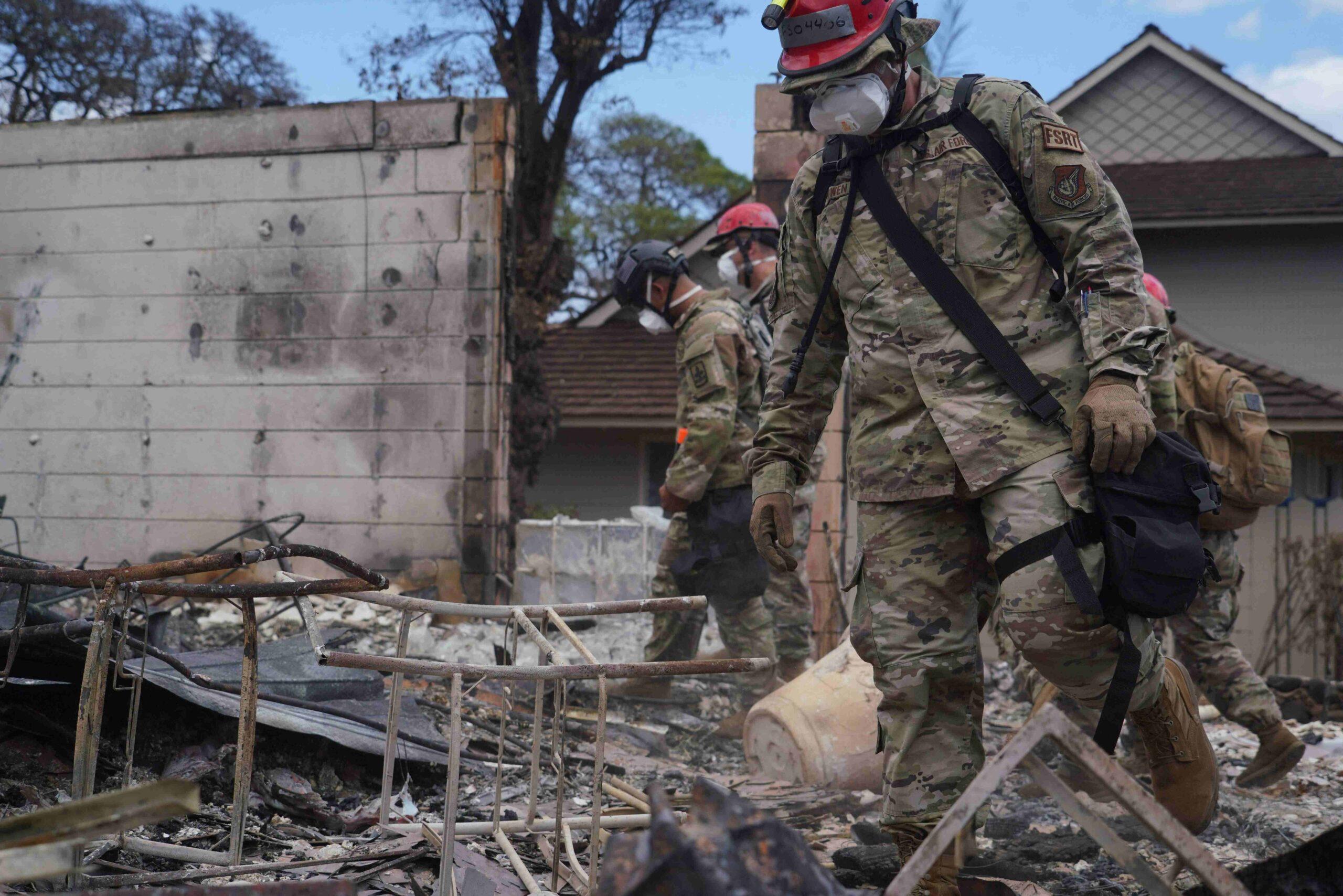
Such actions are viewed as deeply insensitive to the community's current plight as Ms. Lawrence added, "How dare you do that to our community right now."
Numerous individuals have also reported receiving inquiries from real estate agents and investors merely a week after the wildfires, asking if they would consider selling their land, per The Independent.
Despite assurances from Hawaii Governor Josh Green that he will prevent land grabs, worries persist due to Maui's high building costs and potential insufficiency of federal government payments for rebuilding efforts.
Native Hawaiian Farmers Revealed Why Diverted Stream Water Wouldn't Curbed Lahaina Wildfire
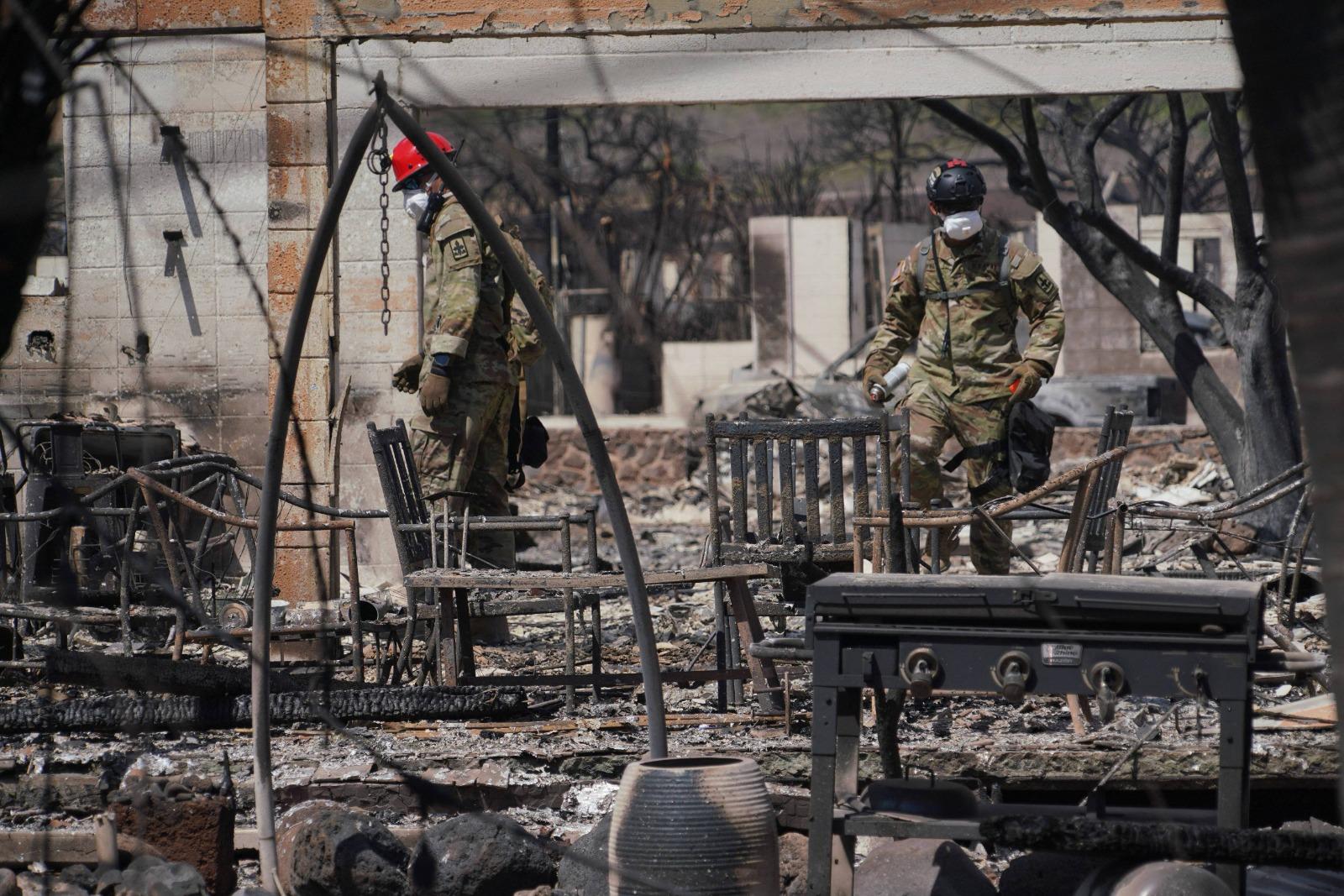
New revelations have surfaced indicating that as the fire began, a developer in proximity to the threatened Maui community urgently sought state authorization to divert water from streams to combat the spreading blaze.
However, according to letters obtained by The Associated Press, West Maui Land Company, Inc. shared it received eventual approval from the state's water management commission, but their communication initially directed the company to consult a downstream taro farmer who relies on the stream water.
Community members, including Native Hawaiian farmers, asserted that the water sought by the developer wouldn't have curbed the fires. The reservoirs in question don't supply the county's fire hydrants, and strong winds kept firefighting helicopters grounded, making them unable to access water from the reservoirs.